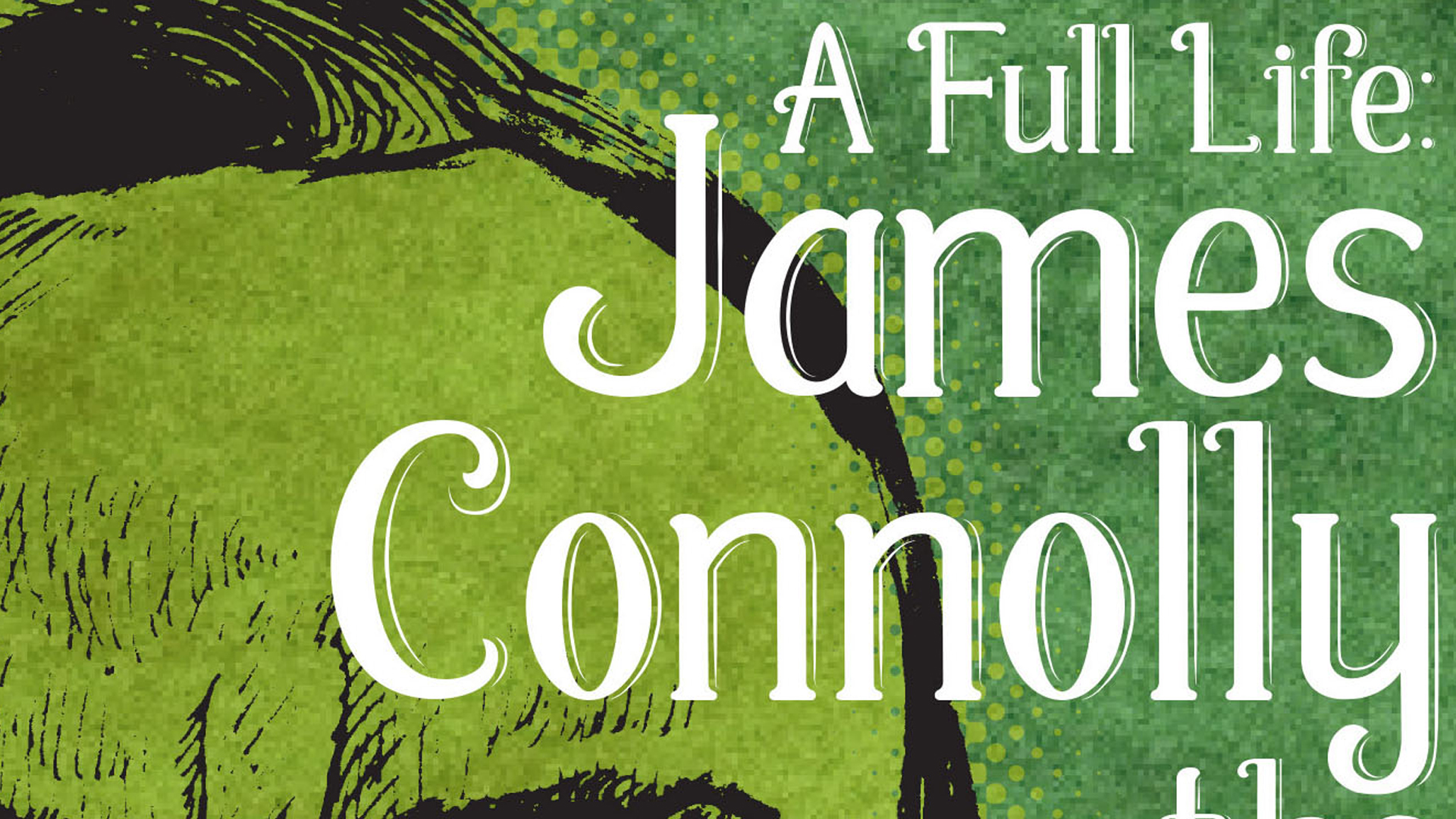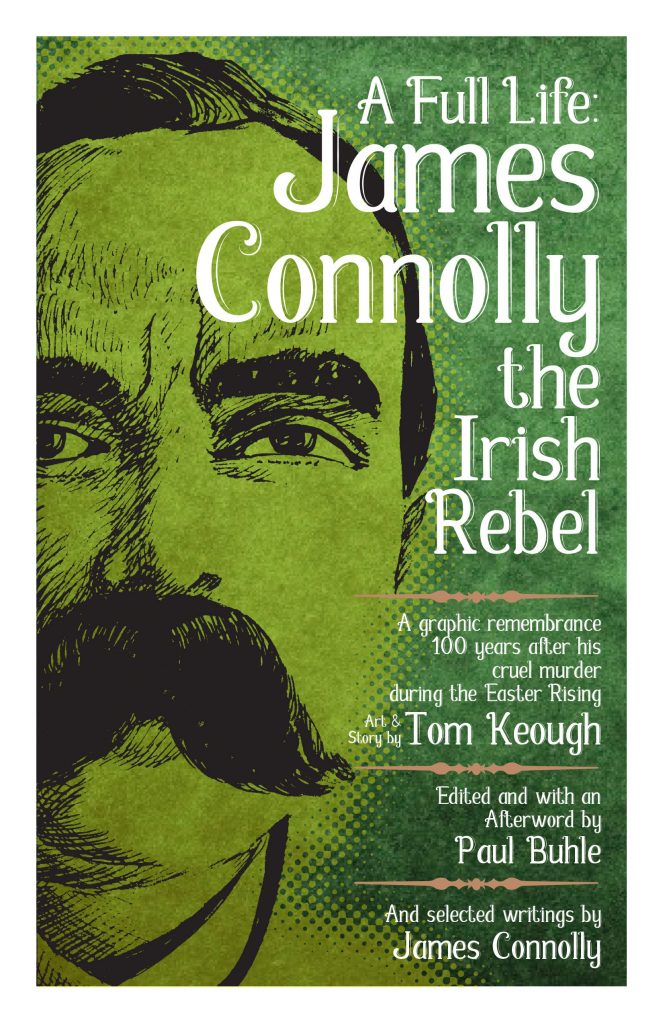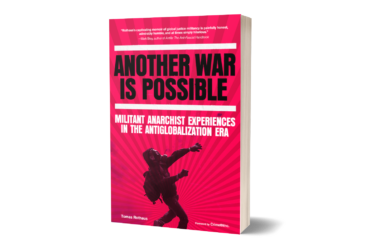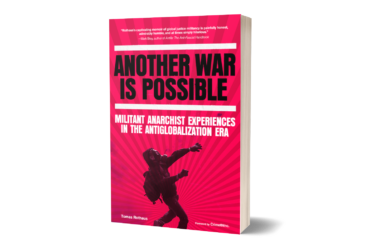by Paul Buhle and Tom Keogh
Dissent
April 25th, 2016
An excerpt from A Full Life: James Connolly the Irish Rebel, illustrated by Tom Keough, edited by Paul Buhle, and published by PM Press/Hungarian Literature Fund. Reprinted with permission.
Renewed recognition of James Connolly’s life and work, his triumphs and his tragedies, is very much on the agenda in 2016. The centenary of the Easter Rising (or Rebellion) splashes Connolly’s face and borrowed memories of his martyrdom across the whole Irish diaspora. Fact and legend, always abundant in the Connolly saga, reemerge with a new vividness. Glasgow, Scotland, during the 1910s, was a beehive of socialist activity, heavily impacted by workplace conflicts, pressure for women’s rights, the approach of war, and the presence of a suffering Irish proletariat. Connolly and his ideas were present in all of these causes.
Connolly spent precious years from 1902 to 1910 in the United States, much of his time and effort evoking the grand vision of the IWW: socialism emerging as the “new society within the old.” Breaking with the traditions of insular or sectarian socialism, Connolly urged the formation of broader, more comprehensive radical movements. Returning to Ireland, he energetically joined the campaign to have Irish children included in the British Act of Parliament providing funds for feeding the impoverished. Likewise, he stood proudly on platforms with non-socialists, urging voting rights for women, a demand that “pure” socialists considered a mere bourgeois reform. His 1915 article in the Irish Worker, simply titled “Woman,” contained this vivid phrase, “None so fitted to break the chains as they who wear them, none so well equipped to decide what is a fetter.” From Dublin to Glasgow (where the antiwar movement was weaker, but the women’s rights campaign stronger than in Ireland), Connolly figured not only as an agitator for radical reform but as a monumental visionary. By seeing in Ireland’s fate a microcosm of empire’s victims, the self-taught worker-intellectual looked ahead to the expansion of Marxist themes in the twentieth century and beyond.
Perhaps none of this hard thinking could have been brought to fruition without Connolly’s keen moral and emotional sensibilities, so deeply rooted in his Irishness, and so brilliantly expressed in his newspaper, The Harp. Modern and postmodern thinking has little room for the sentimentality of Connolly’s lyrics, written to accompany traditional songs. They were written to rouse workers to common struggle against the capitalist oppressors, but also drew upon the most tender sentiments of family feelings and the great urge toward a better society, an urge maintained through great difficulty with the dream of what that better society would surely bring. Songs of Freedom by Irish Authors, the five-cent edition prepared by Connolly and published by an Irish-American firm in 1909, delivered inspiration to lift the hopes of every reader (and singer) for what humanity could become. —Paul Buhle


Editor Paul Buhle, formerly a senior lecturer at Brown University, produces radical comics. He founded the SDS journal Radical America and the archive Oral History of the American Left and, with Mari Jo Buhle, is coeditor of the Encyclopedia of the American Left.Illustrator Tom Keough has been an artist all his life, trying to use his talents to do some good in this world. Tom’s paintings and illustrations have been shown at the Museum of Modern Art, the United Nations offices, in union newsletters, and used by organizations such as the National Council of Churches and the War Resisters





